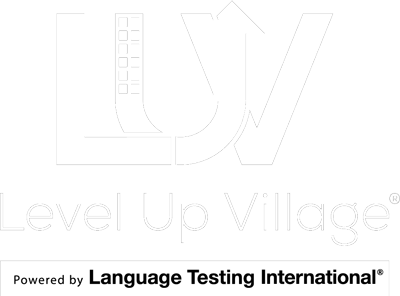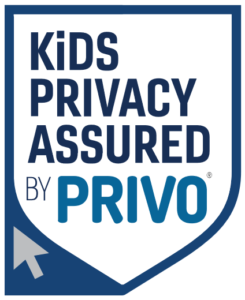Written by Frances Moore of Greens Farms Academy (GFA)
Level Up Village is taking the idea of the pen pal to the next level.
Its mission, “to globalize the classroom and facilitate seamless collaboration between students from around the world via pioneering Global STEAM enrichment courses,” came to life in our Lower and Middle School divisions this year, as students in PreK, third grade, and eighth grade made connections across continents. Through videos, email, and virtual chatting, Level Up Village participants create a global classroom that utilizes technology to connect students around the globe in collaborative projects.
Three of Greens Farms Academy‘s faculty incorporated Level Up Village into their classrooms this year: Sarah Bayzick’s PreK students partnered up with a school in Mexico for a project called “Global Scientists,” to design and build a water filtration system; lower School Spanish teacher Eva Verduzco’s third graders partnered with a school in Mexico to work on language skills; and Middle School French teacher Claire Bouyssié’s students connected with a school in Nigeria to learn coding.
In their collaborative project with a school in Mexico, the PreK Global Scientists learned about the water cycle, aquifers and water filtration to better understand how water systems can be polluted and purified. Through a series of video messages, the students completed a variety of water chemistry experiments and activities.
“Access to clean water is a significant topic of study. The guided interactions with our partner school allowed the pre-kindergartners to learn about the lives of others, share their scientific findings, and discuss the real-life application of their learning. The result was a meaningful global collaboration and an enhanced understanding of the world.” – Sarah Bayzick
For Verduzco’s group, the interactions happened in a variety of ways. Students from each classroom were partnered with each other, and right away they began communicating through a series of instant messages and self-recorded videos. Prompts were provided to get the conversation started, but they had the freedom to ask their own questions, and the two groups found they shared a similar third-grade curiosity. Questions like: “¿Cuál es tu color favorito /What is your favorite color?” and “¿Cuál es tu animal favorito/What is your favorite animal?” were frequent starting points. Then they moved on to more in-depth questions about family and everyday life, all in an effort to not just exchange ideas and cultures.
Verduzco said, “As an educator of young children and a world language teacher, this program is what I had dreamed of. The Global Language Lab course with Level Up Village provided opportunities for students to participate in a language exchange creating an equal learning environment for both students.”
One assigned video project asked the students to share information about an object that is special to him or her (“It doesn’t have to be your first favorite thing. It can be your third or fourth favorite thing,” one third grader pointed out). The students were asked to explain to their partner what makes that object so special, an interaction that allowed them to see how they are similar — or different — and most importantly it created a true connection.
“It’s a good idea to be able to ask questions and talk to people that speak Spanish,” said one third grader, Amelia. “I like that we get to interact with other people around the world, and I wonder if they are thinking the same thing.”
The partnership with Level Up Village has been especially meaningful for the GFA faculty, as they feel it aligns nicely with our own mission — to engage students as partners in an innovative, inclusive, and globally minded community to prepare them for a life of purpose — and they are looking forward to utilizing this program in more classes next year.
“Exposing students to another culture allows them to identify common social traits while encouraging empathy as they learn of cultural differences and similarities,” Verduzco said.
“They have the opportunity to begin building the foundations of global citizenship by looking at others through a lens of commonality, differences, curiosity and, most importantly, mutual respect.”



